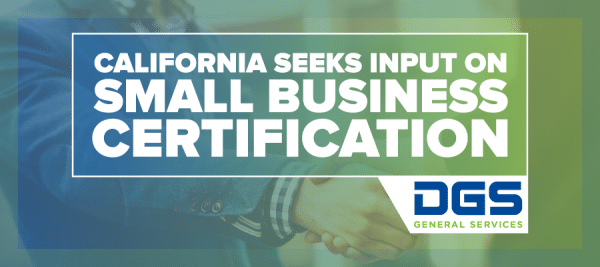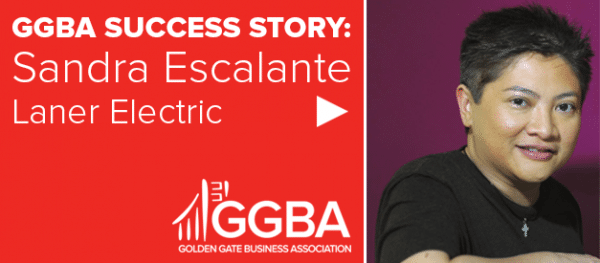By Jackie Cuneo
This guest post from long-time member and GGBA board member Jackie Cuneo of Exception Lending provides advice and insider tips on finding alternatives to standard home loans that can turn even small business owners into home owners.
If you are self-employed and have tried to buy or refinance a home in the last few years, you know how difficult it can be to show the income needed to qualify for a home loan.
Your CPA asks you to keep meticulous records so you can take as many deductions as possible. When your company income does get stronger, you’re encouraged to make additional investments in your business to grow. Perhaps you have hired additional help, made capital equipment investments, or incurred other expenses that help propel your business forward, but which reduce your net taxable income, sometimes even producing an on-paper loss. While this may lighten your tax bill, the amount on your tax returns that’s available to qualify for residential financing is often far lower than is needed. So what can you do?
Most residential loans qualify self-employed borrowers using net business income after deductions. If your business is incorporated, K1 distributions are used. If a borrower owns more than 25% of a corporation, corporate returns are also considered, and any company losses must be assigned to the borrower regardless of whether corporate debt is personally guaranteed by the borrower, or if there is significant cash value to the business from investors. If the company is running at a loss, the borrower’s salary may also be removed from qualifying income calculations.
However, there is hope in a new class of residential loans, known as “Non QM” which allow as low as 5% down, higher DTI ratios, and can use different methods to calculate income for self-employed borrowers:
Qualify with personal cash flow, as shown by 24+ months of bank deposits.
Qualify with rental income from the property, if the property is fully or partially rented
Qualify with personal assets, amortized over time to generate a “virtual income” formula.
To use one of these loans, we look for the following:
Operating as self-employed for 2+ years, and has filed taxes as self-employed for 2+ tax years, evidenced by a letter from the borrower’s tax preparer. Tax returns are NOT required.
Business existence must be verifiable by a 3rd party source, such as Business License, Corporate Entity public records, and any other necessary operating licenses for that business type.
6-18 months reserves for each property owned (varies per program)
In some cases, business assets may be even used for downpayment and/or reserves.
If you’ve been turned away for financing by a retail lender, even the bank where you have your business accounts, there still may be a way for you to purchase or refinance a 1-4 unit residential property. Look for a residential lender who offers Non-QM loans or special loans for self-employed borrowers, in addition to a full suite of “regular” home loans. Purchasing a new property, or refinancing your home to pull cash out, lower rate, or change loan types, may be possible after all.
Jackie Cuneo is a Licensed Residential Mortgage Lender, former SF Realtor, and proud member of the GGBA. She can be reached at [email protected] or www.exceptionlending.com





